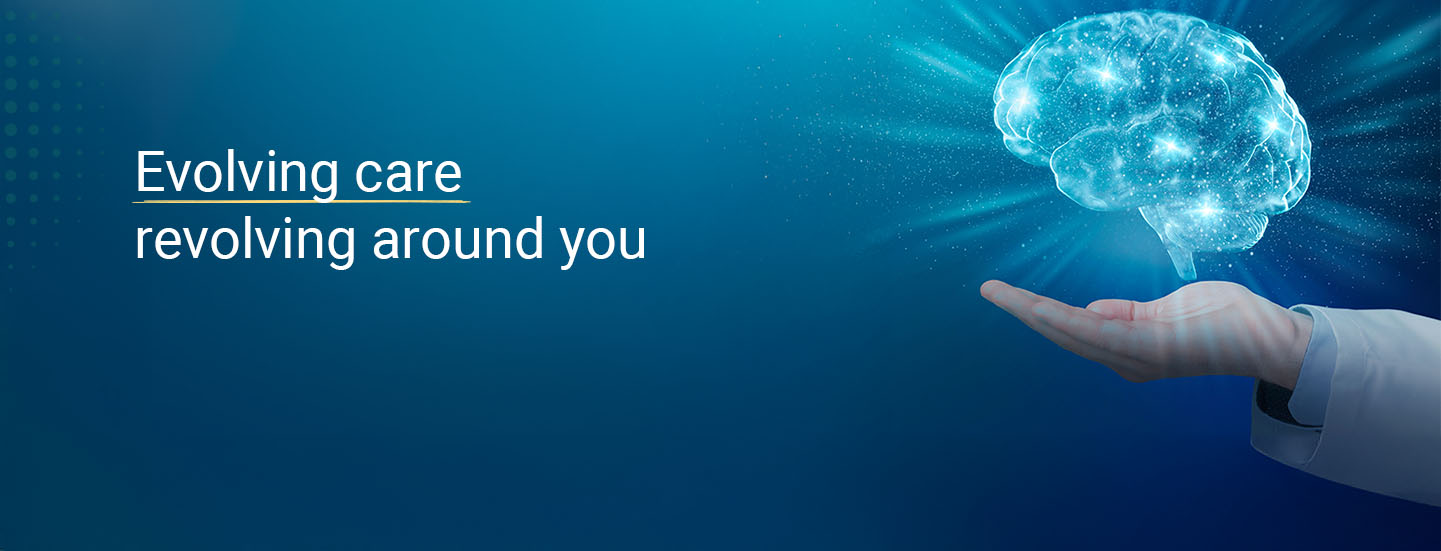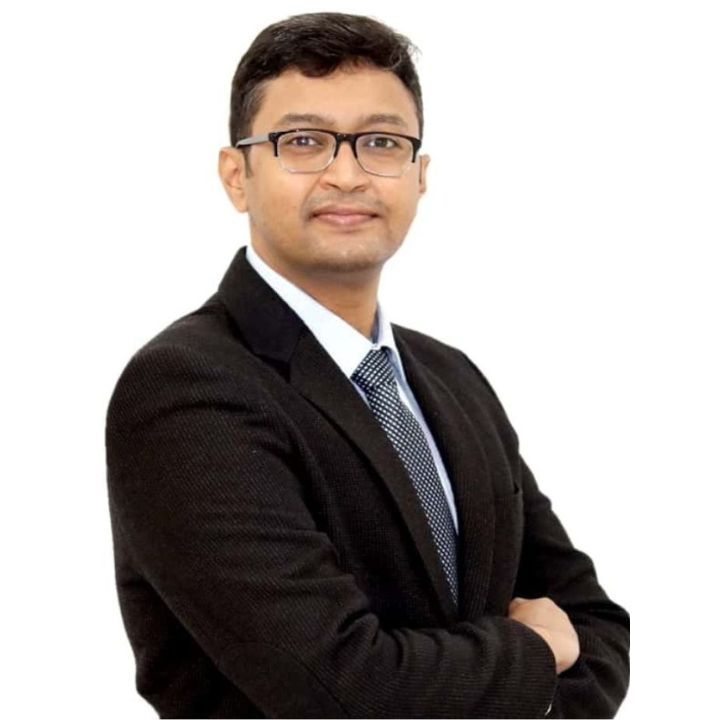Need a consultation,
Now its simple and fast on the go.

Dr. Palak Jaiswal in Ramdaspeth, Nagpur
Neurologist in Ramdaspeth, Nagpur
Nagpur - 440010
Have you used our service?
If yes, please provide your valuable feedback and refer us to your friends and family.
About Dr. Palak Jaiswal in Ramdaspeth, Nagpur
Dr. Palak Jaiswal’s clinic in Ramdaspeth, Nagpur, offers comprehensive care for various neurological conditions, including brain and spinal tumours, cerebrovascular diseases, epilepsy, head and spine injuries, and peripheral nerve disorders. The clinic provides advanced and minimally invasive treatments tailored to the individual needs of each patient. Dedicated to delivering the highest quality of care, it ensures accurate diagnoses, compassionate support, and effective treatment plans. Dr. Jaiswal and his team are committed to improving the lives of patients facing neurological challenges.
The Medical Practitioner Who Cares for You

Dr. Palak Jaiswal, a consultant neurosurgeon, specialises in treating complex brain and spinal conditions, employing advanced and minimally invasive techniques. His areas of expertise include brain and spinal tumours, cerebrovascular diseases, skull base tumours, epilepsy, pain management, and peripheral nerve disorders. Dr. Jaiswal graduated in 2010 with an MBBS from Indira Gandhi Medical College, Yavatmal, followed by an MS in General Surgery from Maharashtra University of Health Sciences, Nashik, in 2015. He completed his MCh in Neurosurgery at the prestigious Sree Chitra Tirunal Institute for Medical Sciences & Technology, Trivandrum, in 2018. A dedicated educator, Dr. Jaiswal frequently shares his expertise at national conferences, helping train the next generation of physicians. In his clinical practice in Nagpur, he combines technical precision with compassionate care, making him a trusted choice for those seeking neurological treatment.
Read moreEnglish, Hindi, Marathi.
Select a day to see the working hours
- Monday
- Tuesday
- Wednesday
- Thursday
- Friday
- Saturday
Location of Dr. Palak Jaiswal in Ramdaspeth, Nagpur
Frequently Asked Questions
Avoid heavy lifting, driving, and high-risk activities like ladder climbing until your doctor gives clearance. Check with your doctor before traveling by air.
A neurosurgeon treats conditions affecting the brain, spinal cord, and nerves, including brain tumors, spinal injuries, and nerve disorders. Both surgical and nonsurgical treatments are offered.
Warning signs include sudden numbness or weakness on one side of the body, persistent numbness, loss of consciousness, and worsening muscle weakness.
After a brain bleed, avoid strenuous activities, heavy lifting, and blood-thinning medications. Always follow your healthcare provider’s advice.
Avoid fatty foods that are more likely to cause constipation, such as cheeses and full-fat dairy products, French fries, and red meats. Limit your intake of fried food. Drink more liquids, such as water, herbal and decaffeinated teas, and other unsweetened beverages.
Avoid fatty foods like cheeses, fried foods, and red meats that may cause constipation. Drink more fluids like water, herbal teas, and unsweetened drinks.
Recovery varies by surgery type. Less invasive surgeries may take a few weeks, while open surgeries may take six weeks or more. Your surgeon will give more details.
Brain damage itself isn’t painful, but related conditions like headaches, nerve damage, or spasticity may cause discomfort or pain.
Minimally invasive surgery uses smaller incisions and advanced tools, resulting in less tissue disruption, faster recovery, and reduced pain compared to traditional open surgery.
Dr. Jaiswal manages brain and spine infections with intensive antimicrobial therapy and, if necessary, surgical procedures to address infection sites and prevent complications.
